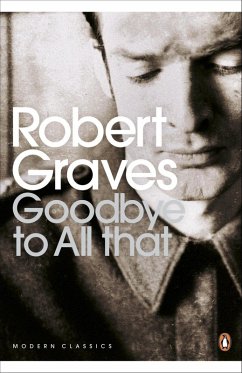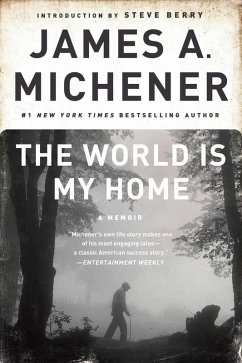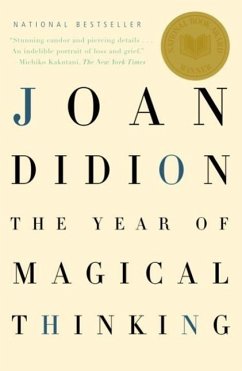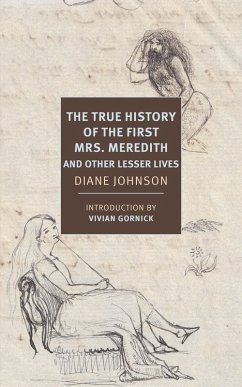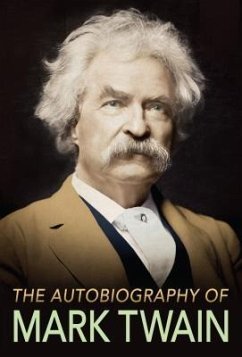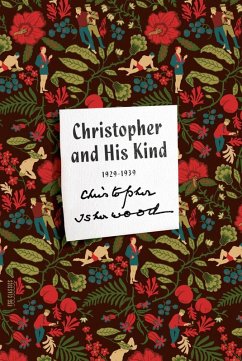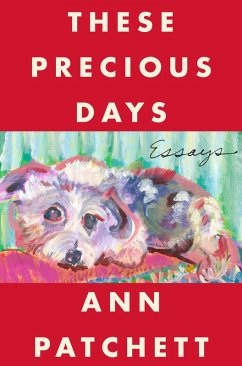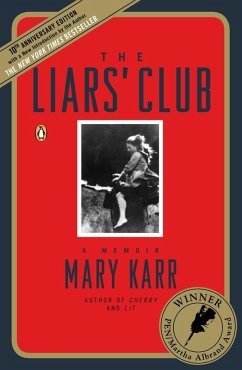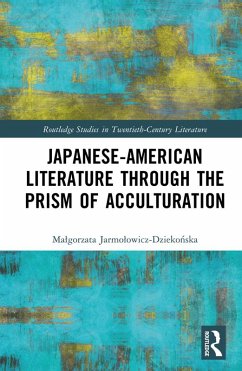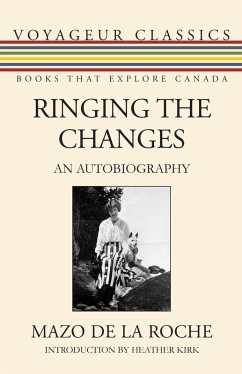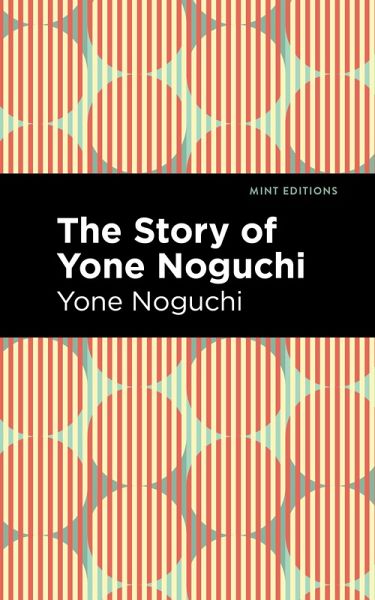
The Story of Yone Noguchi (eBook, ePUB)
Versandkostenfrei!
Sofort per Download lieferbar
5,99 €
inkl. MwSt.
Weitere Ausgaben:

PAYBACK Punkte
3 °P sammeln!
The Story of Yone Noguchi (1914) is a memoir by Yone Noguchi. Both a leading modernist poet in English and Japanese and a dedicated literary critic who advocated for the cross-pollination of national poetries, Yone Noguchi lived an extraordinary life. In clear prose and with a confidence earned through decades of dedication to literature, he tells his own story and reflects on his unique experiences while illuminating the influential people and places that shaped him.Noguchi began studying English as a child, and soon fell in love with the language and its literature. For years, he dreams of l...
The Story of Yone Noguchi (1914) is a memoir by Yone Noguchi. Both a leading modernist poet in English and Japanese and a dedicated literary critic who advocated for the cross-pollination of national poetries, Yone Noguchi lived an extraordinary life. In clear prose and with a confidence earned through decades of dedication to literature, he tells his own story and reflects on his unique experiences while illuminating the influential people and places that shaped him.
Noguchi began studying English as a child, and soon fell in love with the language and its literature. For years, he dreams of leaving Japan to experience life in the West, and as a teenager takes the opportunity to move to California. In San Francisco and Oakland, he encounters a vibrant community of artists who welcome him into their midst. Under the tutelage of Joaquin Miller, an older poet and adventurer, he begins to believe in his own poetic voice, and soon publishes two collections of verse in English. Over the next several years, he moves to Chicago, New York, and London, each time increasing his professional connections and growing surer as a poet. Eventually, he returns to Japan, where he looks to his roots and becomes a well-regarded critic of poetry and the dramatic arts.
This edition of Yone Noguchi's The Story of Yone Noguchi is a classic of Japanese American literature reimagined for modern readers.
Since our inception in 2020, Mint Editions has kept sustainability and innovation at the forefront of our mission. Each and every Mint Edition title gets a fresh, professionally typeset manuscript and a dazzling new cover, all while maintaining the integrity of the original book.
With thousands of titles in our collection, we aim to spotlight diverse public domain works to help them find modern audiences. Mint Editions celebrates a breadth of literary works, curated from both canonical and overlooked classics from writers around the globe.
Noguchi began studying English as a child, and soon fell in love with the language and its literature. For years, he dreams of leaving Japan to experience life in the West, and as a teenager takes the opportunity to move to California. In San Francisco and Oakland, he encounters a vibrant community of artists who welcome him into their midst. Under the tutelage of Joaquin Miller, an older poet and adventurer, he begins to believe in his own poetic voice, and soon publishes two collections of verse in English. Over the next several years, he moves to Chicago, New York, and London, each time increasing his professional connections and growing surer as a poet. Eventually, he returns to Japan, where he looks to his roots and becomes a well-regarded critic of poetry and the dramatic arts.
This edition of Yone Noguchi's The Story of Yone Noguchi is a classic of Japanese American literature reimagined for modern readers.
Since our inception in 2020, Mint Editions has kept sustainability and innovation at the forefront of our mission. Each and every Mint Edition title gets a fresh, professionally typeset manuscript and a dazzling new cover, all while maintaining the integrity of the original book.
With thousands of titles in our collection, we aim to spotlight diverse public domain works to help them find modern audiences. Mint Editions celebrates a breadth of literary works, curated from both canonical and overlooked classics from writers around the globe.
Dieser Download kann aus rechtlichen Gründen nur mit Rechnungsadresse in A, D ausgeliefert werden.




